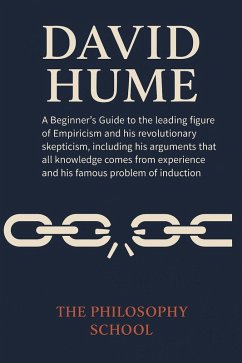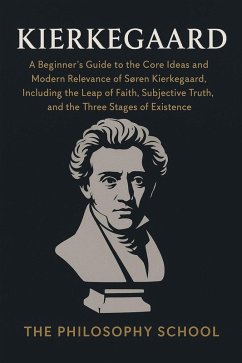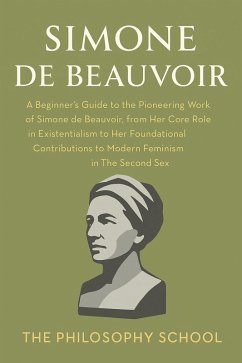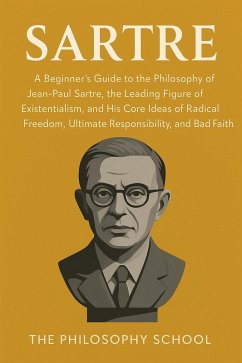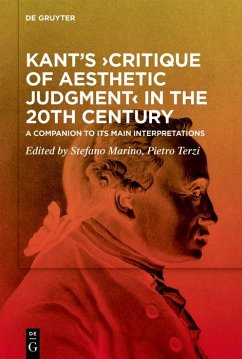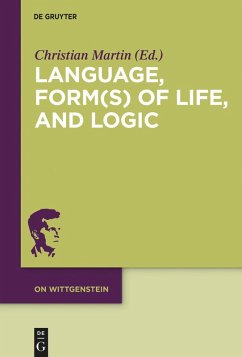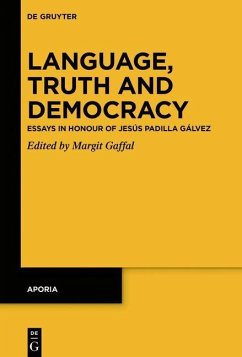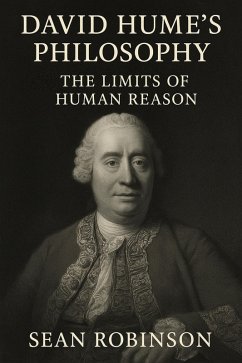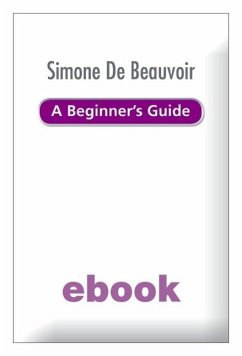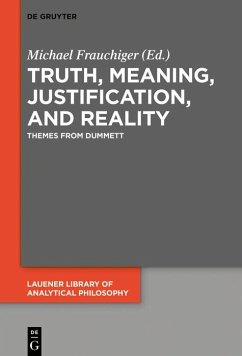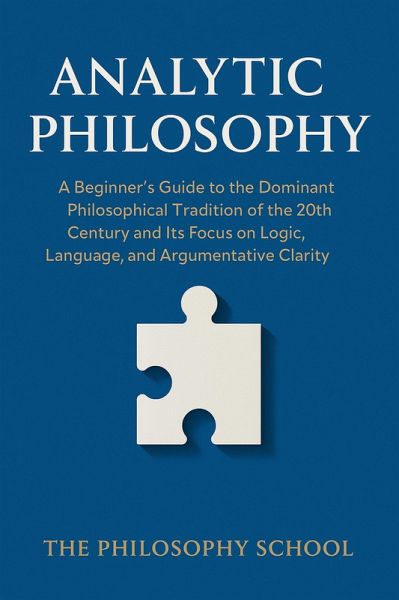
Analytic Philosophy: A Beginner's Guide to the Dominant Philosophical Tradition of the 20th Century and Its Focus on Logic, Language, and Argumentative Clarity (Western Philosophy) (eBook, ePUB)

PAYBACK Punkte
0 °P sammeln!
Unravel the complexities of 20th-century thought with this accessible guide to Analytic Philosophy, the dominant tradition built on logic, language, and unwavering argumentative clarity. Far from being a rigid doctrine, analytic philosophy represents a dynamic methodology that has profoundly shaped modern intellectual inquiry.ANALYTIC PHILOSOPHY: A Beginner's Guide invites you on a journey through the "linguistic turn" that redefined philosophy. Explore how its foundational commitment to precision emerged from a series of intellectual revolutions and internal debates:Discover the origins of an...
Unravel the complexities of 20th-century thought with this accessible guide to Analytic Philosophy, the dominant tradition built on logic, language, and unwavering argumentative clarity. Far from being a rigid doctrine, analytic philosophy represents a dynamic methodology that has profoundly shaped modern intellectual inquiry.
ANALYTIC PHILOSOPHY: A Beginner's Guide invites you on a journey through the "linguistic turn" that redefined philosophy. Explore how its foundational commitment to precision emerged from a series of intellectual revolutions and internal debates:
This guide demystifies the key movements, figures, and ideas that define the analytic century, showing how its rigorous methods offer powerful tools for understanding the most fundamental questions about the world, knowledge, and human existence. An essential resource for students and anyone seeking a clearer understanding of modern philosophical thought.
ANALYTIC PHILOSOPHY: A Beginner's Guide invites you on a journey through the "linguistic turn" that redefined philosophy. Explore how its foundational commitment to precision emerged from a series of intellectual revolutions and internal debates:
- Discover the origins of analytic philosophy as a powerful realist revolt against the speculative metaphysics of British Idealism.
- Explore Gottlob Frege's groundbreaking innovations in modern logic and the philosophy of language, including his revolutionary function-argument analysis and the distinction between sense and reference.
- Delve into Bertrand Russell's and early Ludwig Wittgenstein's Logical Atomism, an ambitious project to map the structure of reality through a logically perfect language.
- Witness the scientific ambitions of the Vienna Circle and Logical Positivism, which sought to eliminate metaphysics entirely through the stringent Verification Principle of Meaning.
- Shift perspectives with Wittgenstein's later turn to Ordinary Language Philosophy, where meaning is understood as "use" within language-games, and philosophy becomes a therapeutic activity to dissolve conceptual confusions.
- Engage with W.V.O. Quine's devastating critique of empiricism's foundations, particularly his attack on the analytic-synthetic distinction and his proposal of confirmation holism.
- Experience the surprising "return of metaphysics" with Saul Kripke and David Lewis, who, armed with the tools of formal logic, revitalized debates on necessity, essentialism, and possible worlds.
- Conclude with contemporary analytic thought in the philosophy of mind (exploring physicalism, functionalism, and dualism) and the resurgence of modern ethics (including John Rawls's theory of justice and virtue ethics).
This guide demystifies the key movements, figures, and ideas that define the analytic century, showing how its rigorous methods offer powerful tools for understanding the most fundamental questions about the world, knowledge, and human existence. An essential resource for students and anyone seeking a clearer understanding of modern philosophical thought.
Dieser Download kann aus rechtlichen Gründen nur mit Rechnungsadresse in A, B, CY, CZ, D, DK, EW, E, FIN, F, GR, H, IRL, I, LT, L, LR, M, NL, PL, P, R, S, SLO, SK ausgeliefert werden.




